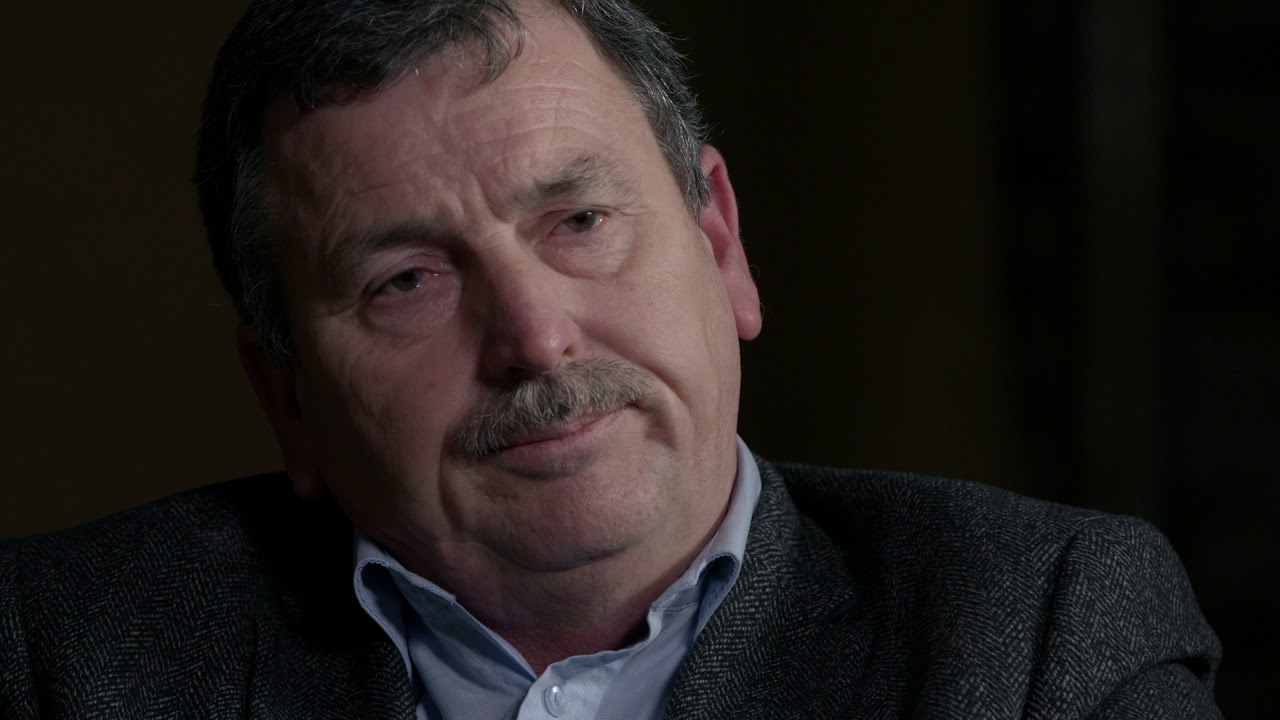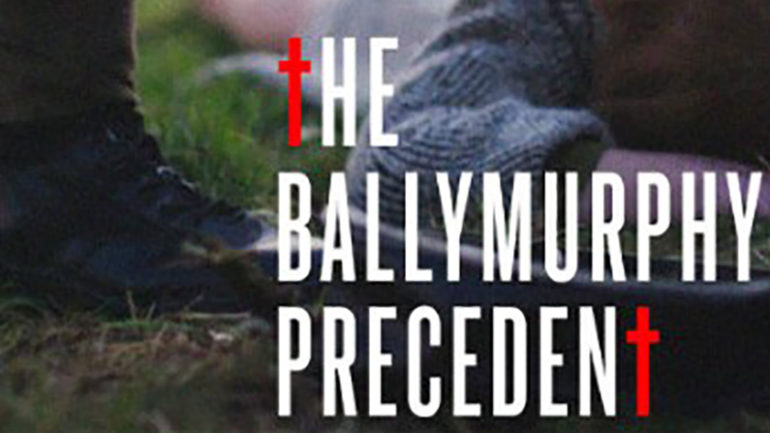On 30th January 1972, a British paratrooper regiment opened fire on unarmed civilians in the city of Derry. 14 people were shot and killed, and as many again shot and injured, in a 20 minute period in what would be one of the defining moments of the Troubles. However, just a few short months previous, the exact same paratrooper regiment was responsible for the deaths of 11 civilians over the course of 3 days in a small corner of Belfast called Ballymurphy.
The Ballymurphy Precedent is a searing and emotionally charged documentary looking back at those fateful few days, examining the lead up to the massacre and the toll it’s taken on the families of those lost since.
In the 1960s and early 1970s the catholic communities in Belfast were being increasingly marginalised and were beginning to look across the water for inspiration. The civil rights movement was in full swing and the reverberations of it were being felt far and wide. With television becoming more widespread, the images of black communities standing up for themselves in the face of overwhelming oppression were encouraging more and more catholics to fightback against what they saw as unjust treatment from the British government. This tumultuous period also saw the rise of the provisional IRA.

Director Callum Macrea has fashioned together archive footage, intensely poignant interviews and computer-aided recreations of the events of 9th, 10th and 11th August 1971 in Ballymurphy, on what was the start of Britain’s policy of internment in Northern Ireland. Macrea, no stranger to investigative journalism having honed his craft on Channel 4’s acclaimed Dispatches series, puts the families of those killed front and centre and takes the time to let them tell their stories. Sparsely narrated by Macrea himself the end result is a feature length exploration of what happened from the people effected most, glued together with witness testimony and gut-wrenching first-hand accounts.
Though littered with excerpts from soldier’s statements and coroners reports, the narrative is tellingly one-sided. This may be no fault of the filmmakers as an official enquiry into the events is scheduled to take place later this year, but it is sadly to the detriment of the overall documentary as the absence of a response from the armed services involved in the incident feels like being given a glimpse of a puzzle with some of the pieces missing.
The Ballymurphy Precedent is undoubtedly a powerful and evocative documentary, but like anything that relies heavily on accounts from one side without an explanation or rebuttal from the other, its only a partial portrayal of the events of those few days of violence. While the families of those lost still fight to uncover the truth from a regime that seems determined to try to bury it, this film at the very least shines a spotlight into one of the darkest corners of British policy in Northern Ireland. For that alone it feels like vital filmmaking, if incomplete in its narrative and scope.

